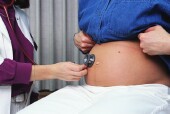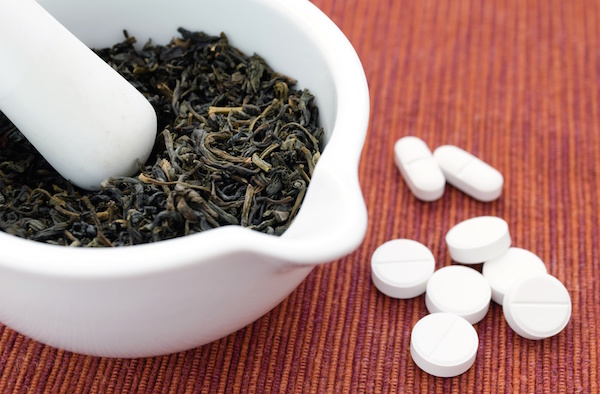
THURSDAY, May 9 (HealthDay News) — Half of pregnant teens in substance-abuse treatment programs used alcohol or drugs in the month before they entered treatment. And nearly 20 percent used drugs or alcohol on a daily basis during that month, according to a U.S. government report.
Among females aged 12 to 19 who weren’t pregnant entering treatment, those rates were about 71 percent and 24 percent, respectively, the study from the U.S. Substance Abuse and Mental Health Services Administration (SAMHSA) found.
The most commonly used substance among female teens in these treatment programs was marijuana (73 percent of pregnant teens and 70 percent of other girls). But pregnant teens were twice as likely to use methamphetamines and amphetamines than other female teens — about 17 percent versus 8 percent — the investigators noted.
Pregnant teens account for about 4 percent of the 57,000 girls aged 12 to 19 admitted to substance-abuse treatment programs each year, according to the report. But because of their pregnancy, these girls face greater challenges in many important areas, including income and education.
The SAMHSA researchers reported that among the girls in the substance-abuse treatment programs, pregnant teens were three times more likely than other teen girls to rely on public assistance as their primary source of income (15 percent versus 5 percent, respectively). In addition, 74 percent of nonpregnant teen girls who were not in the workforce were students, compared with only 44 percent of pregnant teens.
“Pregnant teens entering treatment face difficult challenges, but the good news is that treatment is a very positive step in helping them regain their lives and generate new hope for themselves and their children,” SAMHSA administrator Pamela Hyde said in an agency news release.
“Treatment programs and communities must work together to meet the specialized needs of pregnant women of all ages, such as referrals to prenatal care and parenting courses,” she said. “Through this effort we can help ensure that these future mothers and their children live healthier, happier and more productive lives.”
More information
The American Academy of Pediatrics says that drug-abuse prevention starts with parents.

